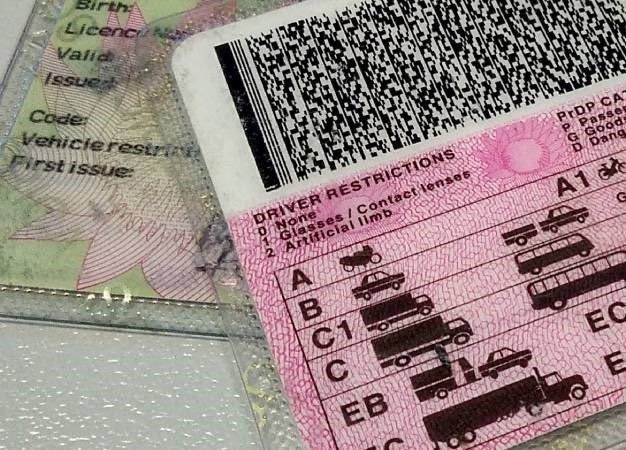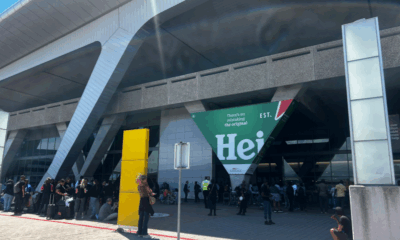News
South Africans Want Longer Licence Validity, But Government Fears Losing Millions

For years, South Africans have asked one simple question: why must we renew our driving licence cards every five years when many other countries allow much longer periods? This month, that debate roared back to life as Transport Minister Barbara Creecy signalled her support for extending the validity period to eight years.
The idea is popular with motorists, unions and even some transport officials. Yet behind the scenes, government is worried about one thing: money. And that concern may stall the reform yet again.
Creecy Reopens a Long-Running Debate
Speaking in the National Council of Provinces, Creecy said the department views an eight-year validity period “in a favourable light”. For everyday South Africans, it could mean fewer queues, less admin and reduced pressure on licensing centres that often struggle with outdated systems.
But the minister also revealed what previous administrations avoided saying outright. Renewals bring in major revenue for the Driving Licence Card Account, money that helps keep the system running. Extending the validity period reduces that income immediately.
Creecy argued that she cannot make a final decision until a fresh study outlines the exact financial fallout. In her words, she wants to understand the “unintended consequences” before signing off. It’s a cautious stance in a politically charged space where past ministers have made promises that went nowhere.
The Missed Reform That Keeps Coming Back
Calls for longer validity periods aren’t new. Former minister Fikile Mbalula first announced a review in 2022. The Road Traffic Management Corporation later completed a study supporting a move to 10 years, and then eight years. But when Sindisiwe Chikunga took over, she walked back the proposal, arguing that regular renewals were needed for health and eye-test reasons.
South Africans ridiculed this explanation at the time, especially on social media. Many pointed out that most countries do not link licence validity to communicable disease monitoring. Critics suggested the real reason was simple: the department could not afford to lose renewal revenue.
Creecy has now confirmed those suspicions.
Where Workers And Unions Stand
Interestingly, unions are not fighting the extension. The Public Servants Association (PSA) has long pushed for a 10-year validity period. The union believes the reform would relieve pressure on staff, reduce congestion and limit the risk of breakdowns at the country’s single ageing licence-printing machine.
But they want guarantees. While welcoming the idea, the PSA insists the department must outline timelines, protect workers’ jobs and ensure no financial crisis unfolds for the DLCA. They also warn that delays and vague commitments have frustrated the public for years.
What Longer Validity Would Mean For Ordinary Drivers
South Africans have grown increasingly frustrated with the renewal process, from machine breakdowns to months-long backlogs. On platforms like X (formerly Twitter), users regularly share photos of queues snaking around buildings and complain about temporary licences that expire before cards are ready.
Many argue that extending validity is simply common sense in a country trying to modernise its public services.
An eight-year cycle won’t fix every problem, but it would ease pressure on a system that struggles each festive season and after every printing-machine failure.
Will The Change Actually Happen?
The transport department hinted in its 2025/26 performance plan that it would formally propose an eight-year validity period. Months later, that proposal still hasn’t appeared.
South Africans are now waiting for Creecy’s promised financial-impact study to decide the reform’s fate. Until then, the licence renewal cycle remains unchanged, and the queues aren’t getting any shorter.
One thing is clear: extending the validity period is no longer a question of logistics or road safety. It’s become a tug-of-war between public convenience, government revenue and the future of workers who keep the system running.
Motorists will be watching closely to see which side wins.
{Source:Business Tech}
Follow Joburg ETC on Facebook, Twitter , TikTok and Instagram
For more News in Johannesburg, visit joburgetc.com



























